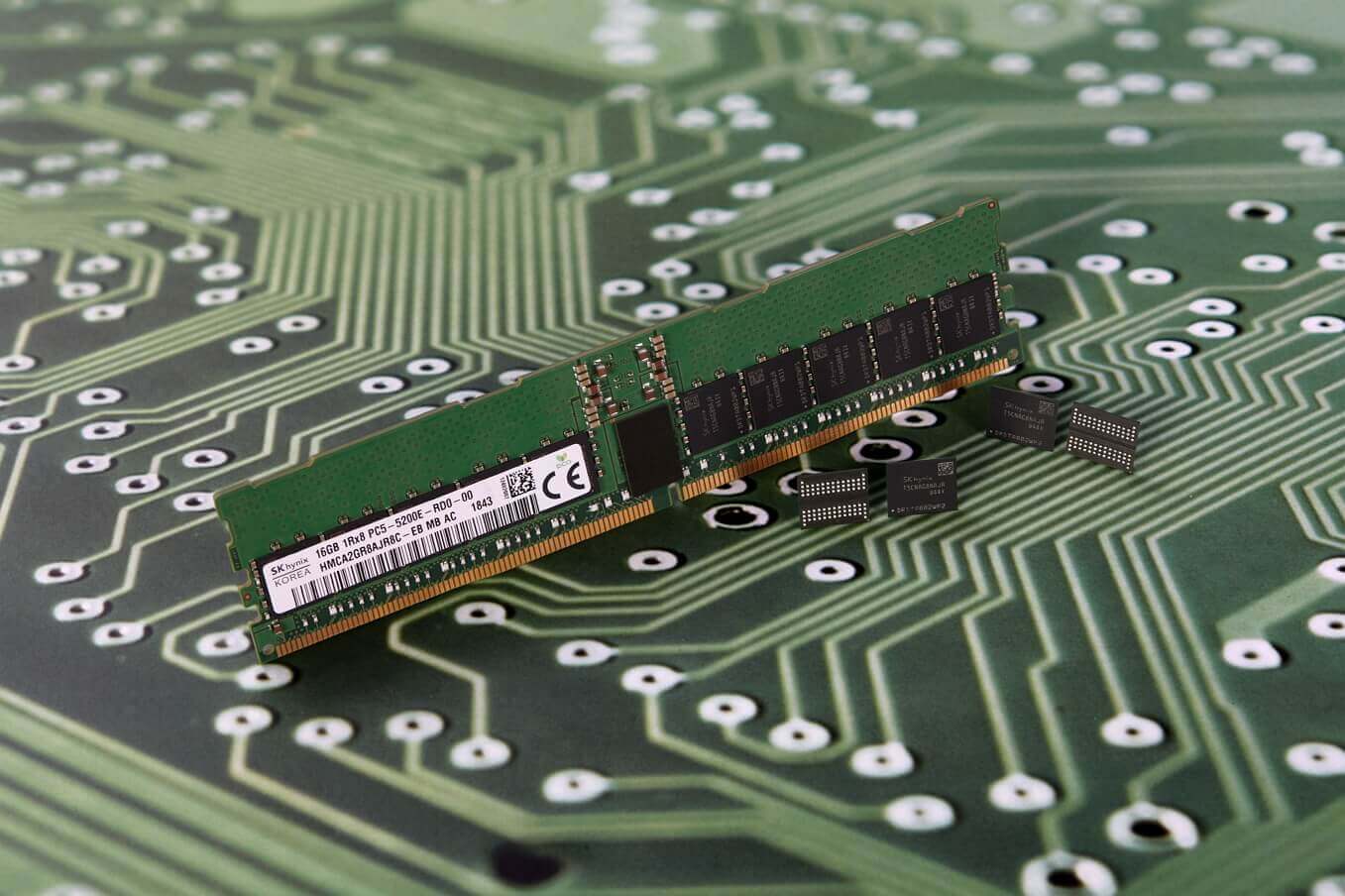LemmingOverlrd
Posts: 86 +40
Why it matters: SK Hynix is the first company to announce JEDEC-compliant DDR5 DRAM. With the current climate of declining DRAM pricing due to overproduction and low demand, it's a welcome announcement that promises to deliver higher-performing memory for all market segments in 2020, just in time for the release of new CPU architectures from Intel and AMD.

SK Hynix, the world's #2 memory manufacturer according to research firm Trendforce, has taken the wraps off its upcoming DDR5 memory modules, beating rivals Samsung and Micron to the punch.
DDR5 is the next generation of DDR memory and is expected to deliver higher bandwidth, speed and lower power consumption (or a combination thereof) than its predecessor, DDR4.
At the base of SK Hynix’s announcement is its recently-developed 1ynm process technology, allowing the company to beat archrival Samsung to the release of the world's first JEDEC-compliant DDR5 DIMMs. The ‘y’ in 1ynm stands for the second iteration (I.e. after 1xnm) below 20nm, and generally accepted as being 14nm/16nm.
So, what’s SK Hynix showing off? DIMMS (both Registered and Unbuffered DIMMs) sporting 8x16Gb (gigabit) modules of DDR5 rated at PC5-5200 (I.e. 5200Mbps). That’s quite a jump (60%) over the top “standard” JEDEC DDR4 speed rating of 3200Mbps. The operating voltage on these modules is now 1.1V with power savings as high as 30%, when compared to DDR4, claimed the memory maker.
In its announcement, SK Hynix also stated that the JEDEC validation process involved testing out the DRAM with a major chipset manufacturer, with testing carried out on both Server and Desktop boards. The announcement is purposely fudgy about who that is, but you can take the 2020 timeline as a sure bet as both Intel and AMD have announced major CPU overhauls for that year (Intel's infamous 10nm CPUs and AMD's Zen 3).
https://www.techspot.com/news/77439-ddr5-incoming-sk-hynix-beats-rivals-punch.html